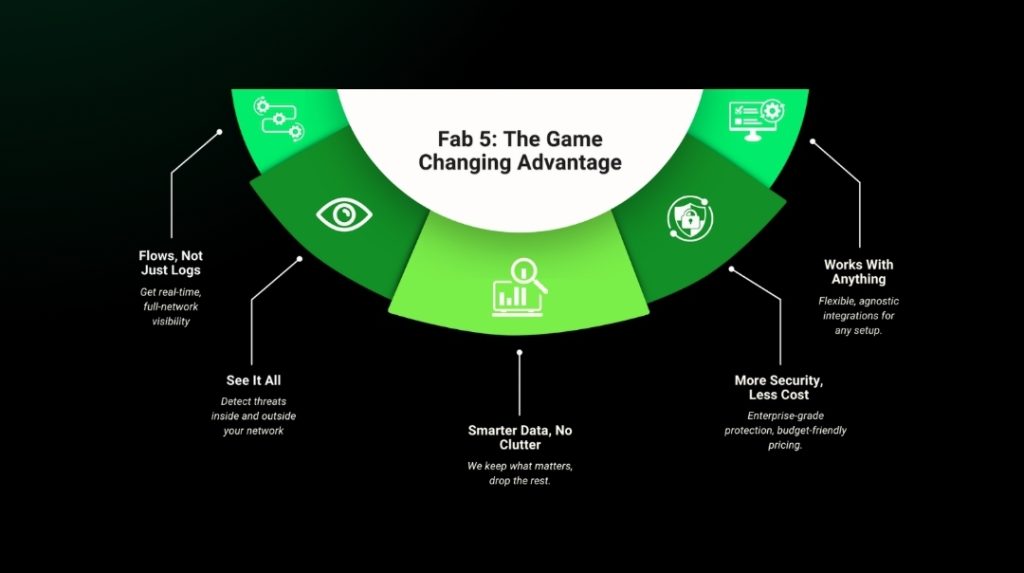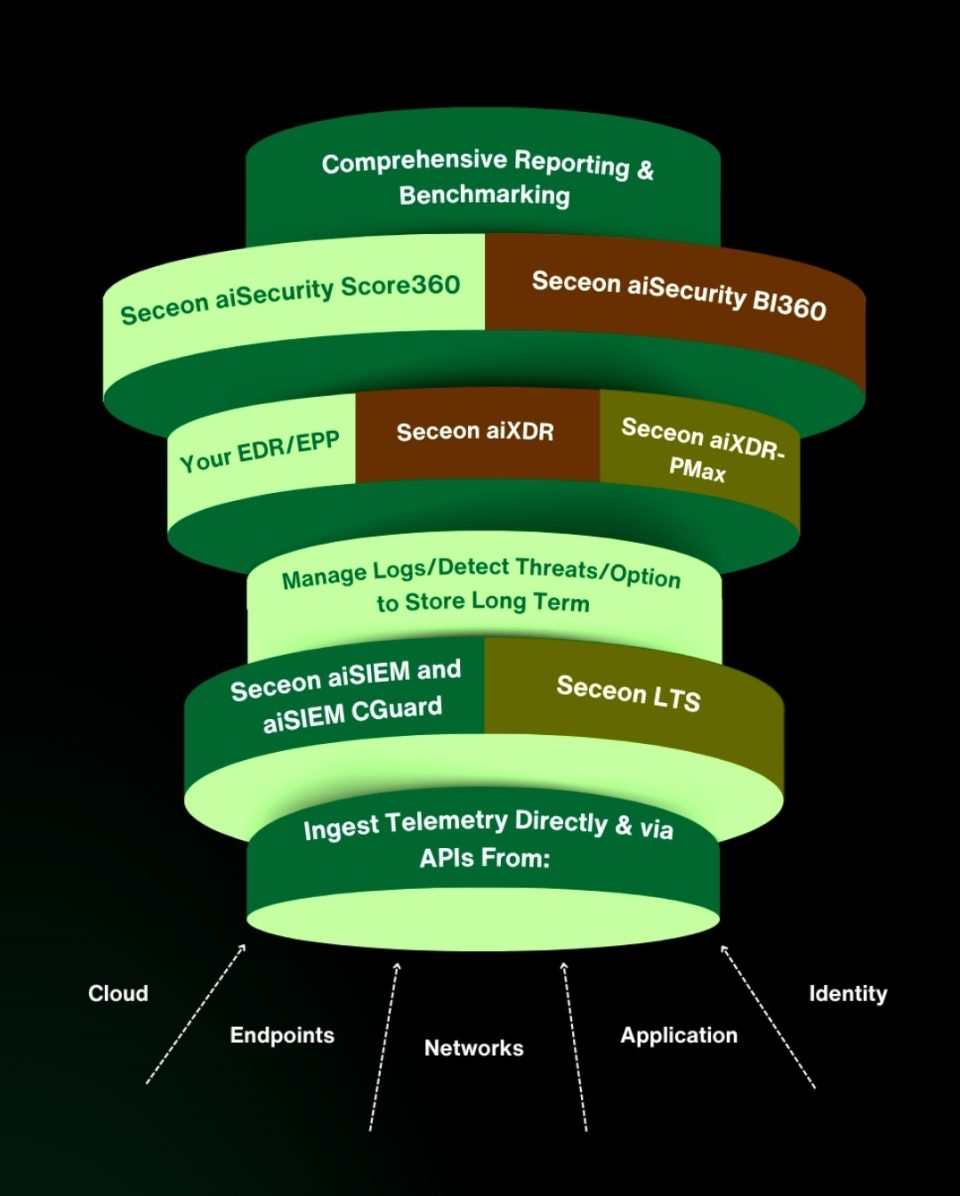Cybersecurity partnerships often promise transformation, but few deliver genuine innovation. However, the recent strategic alliance between Calculus Group and Seceon represents something different entirely. This collaboration establishes Calculus as a Global MSSP Partner, fundamentally changing how organizations approach threat detection and response.
The Partnership That Changes Everything
Initially, partnerships in cybersecurity focus on expanding service offerings. Subsequently, they aim to reach broader markets. Nevertheless, the Calculus-Seceon alliance goes beyond traditional objectives. Instead, it creates a comprehensive ecosystem where advanced AI-driven security meets global managed services expertise.
Moreover, this partnership addresses a critical gap in the market. Currently, organizations struggle with fragmented security solutions. Consequently, they face increased complexity and reduced effectiveness. Therefore, this unified approach offers a compelling alternative.
What Makes This Alliance Unique
Traditionally, managed security service providers rely on multiple disparate platforms. Furthermore, these systems often lack integration capabilities. Additionally, they require extensive manual oversight. However, Seceon’s OTM platform changes this paradigm completely.
The platform integrates threat detection, incident response, and automated remediation seamlessly. Similarly, it provides comprehensive visibility across enterprise environments. Meanwhile, it maintains operational simplicity that MSSPs demand.
“Our partnership with Seceon allows us to deliver holistic and intelligence-driven cybersecurity solutions,” explains Sooraj Vasudevan, CEO of Calculus. Furthermore, he emphasizes the platform’s ability to protect against advanced persistent threats while enabling operational efficiency.
Technical Capabilities That Drive Results
The Seceon OTM platform delivers several critical advantages. First, it provides real-time threat detection using advanced machine learning algorithms. Second, it automates incident response processes that traditionally require manual intervention. Third, it simplifies compliance reporting through integrated monitoring capabilities.
Additionally, the platform offers unified visibility across hybrid environments. Consequently, security teams gain comprehensive insights into potential threats. Moreover, they can respond more rapidly to emerging incidents.
Furthermore, automated remediation capabilities reduce response times significantly. Therefore, organizations minimize potential damage from security breaches. Subsequently, they maintain business continuity more effectively.
Market Impact and Strategic Implications
This partnership arrives at a crucial time for cybersecurity markets. Currently, organizations face increasingly sophisticated threat actors. Simultaneously, they struggle with talent shortages in security operations. Therefore, automated solutions become essential for effective defense.
The global MSSP market continues expanding rapidly. Additionally, enterprises increasingly outsource security operations to specialized providers. Consequently, partnerships like this one gain strategic importance.
“We are excited to partner with Calculus to extend the reach of our cybersecurity innovations,” states Chandra Pandey, CEO of Seceon. Furthermore, he highlights how their unified platform provides unmatched visibility and automated response capabilities.
Addressing Modern Cyber Threats
Contemporary threat landscapes present unique challenges. Initially, attackers focused on perimeter defenses. Subsequently, they shifted toward insider threats and advanced persistent attacks. Now, they exploit cloud environments and remote work vulnerabilities.
Therefore, security solutions must evolve correspondingly. Traditional approaches prove insufficient against modern attack vectors. Instead, organizations require integrated platforms that provide comprehensive protection.
The Calculus-Seceon partnership addresses these evolving threats directly. Specifically, it combines proactive threat hunting with automated response capabilities. Moreover, it provides the scalability that global enterprises demand.
Operational Benefits for Enterprises
Organizations adopting this partnership gain immediate operational advantages. First, they reduce complexity by consolidating multiple security tools into one platform. Second, they improve response times through automated incident handling. Third, they achieve better compliance through integrated reporting.
Additionally, enterprises benefit from reduced operational costs. Previously, organizations required extensive security teams to manage multiple platforms. Now, they can achieve superior results with smaller teams.
Furthermore, the partnership enables predictable security outcomes. Consequently, organizations can better plan their security investments. Subsequently, they achieve more effective risk management.
Global Reach and Scalability
The partnership’s global scope represents a significant advantage. Currently, many security solutions struggle with international deployment. However, Calculus brings extensive global experience to this collaboration.
Meanwhile, Seceon’s platform provides the technical foundation for worldwide operations. Therefore, multinational organizations can maintain consistent security postures across all locations.
Moreover, the partnership supports rapid scaling as organizations grow. Consequently, enterprises can expand their security capabilities without operational disruption.

Future Implications for Cybersecurity
This partnership signals broader industry trends toward integration and automation. Previously, cybersecurity relied heavily on human expertise and manual processes. Now, AI-driven platforms enable more effective and efficient security operations.
Additionally, the collaboration demonstrates how strategic partnerships can accelerate innovation. Rather than developing capabilities independently, organizations can leverage complementary strengths.
Furthermore, this approach may influence how other security providers structure their partnerships. Consequently, the industry may see more comprehensive, integrated solutions emerge.
Conclusion: A New Standard for Security Partnerships
The Calculus-Seceon partnership establishes new benchmarks for cybersecurity collaboration. Instead of simply combining existing capabilities, they create genuinely transformative solutions.
Moreover, this alliance addresses real market needs through practical innovation. Organizations gain access to enterprise-grade security without operational complexity. Subsequently, they can focus on their core business objectives while maintaining robust security postures.
Ultimately, this partnership represents the future of cybersecurity delivery. Through strategic collaboration, advanced technology, and global expertise, Calculus and Seceon enable organizations to achieve proactive, scalable, and cost-effective security outcomes.
Therefore, enterprises evaluating their security strategies should consider how integrated platforms and strategic partnerships can enhance their defensive capabilities. After all, in today’s threat landscape, collaboration often determines success.

